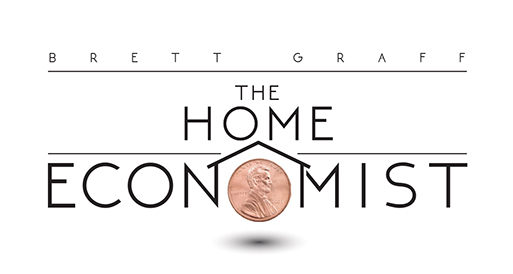If you’ve ever nodded your head, pretending to understand the stupid alphabet soup that’s supposed to be measuring the economy, we’re here to help. Today’s topic: economic growth.
Just as you may be interested in how your weight may have changed or by how much your golf score has improved, economists are concerned with whether we as a nation – that’s consumers, businesses, and government – are spending more money or spending less money. To get the answer, they count up all the money we’ve collectively spent over the past three months and no transaction is spared. They add up the cash we shelled out for cars, chicken fingers and shoes. (You can hide the credit card bill from your husband but the government knows….) They tally up the amount the government spent to buy missiles, the value the schools spent on new computers, and the cost that businesses racked up for software.
And it’s not just stuff but services too. Our hair cuts, our doctor visits and the cable television repair person – if they get paid they get counted. That reminds us: economic growth is controversial for that very reason. Growth is supposed to be good, and it’s how we measure standard of living. High economic growth, high standard of living. But only paid people are counted, which means that having a heart attack contributes to our high standard of living (heart attacks sure are expensive) but cooking dinner for a group of friends does not.
Regardless, the total we spent is called Gross Domestic Product or GDP. And economists -or whoever else might actually be discussing GDP – speak about it in terms of percentages. It went up 3 percent or down 1 percent.
Ingredients of GDP
1) Your spending. And your neighbors’ spending. All of it – consumer spending – makes up some 70 percent of GDP.
2) Business spending. Everything bought by the corporate world – except research – is counted.
3) Exports minus imports. Economists count up everything we sold to other countries and subtract everything we bought. But because America makes mostly movies, software and music – which other countries seem to feel free to copy -and we import almost everything else, this number is usually negative.
4) Government spending. That’s schools, bridges, highways.







Leave A Comment